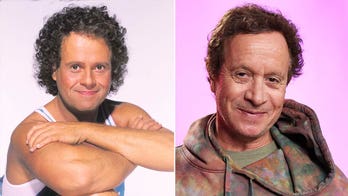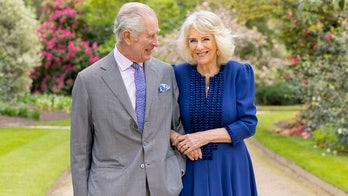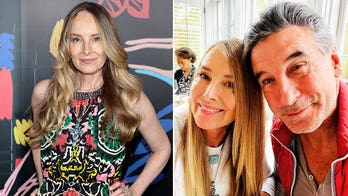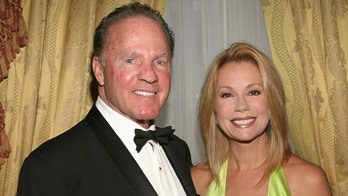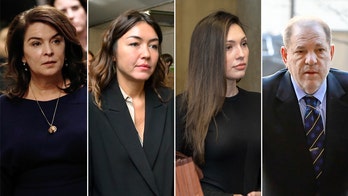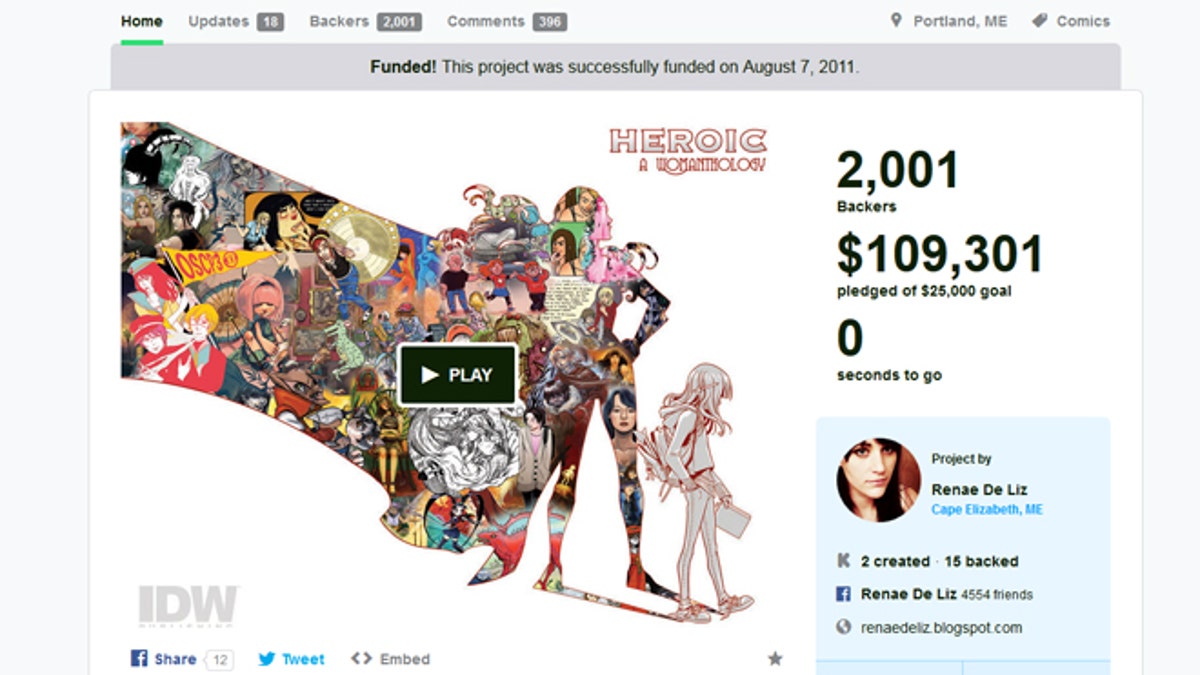
LOS ANGELES – Jenna Busch, founder of comic site Legion of Leia and co-host of online series Cocktails with Stan Lee, was recently part of a Kickstarter campaign for a female-centered comic anthology called Womanthology, created completely by women. Their goal was to reach $30,000. The campaign raised $109,000.
“There are far more female fans of comics than ever, and we’re far more vocal," Busch told FOX411. "I was also just part of a women in comics’ documentary, and it was easy to find female creators and fans to participate."
Busch says more female writers and illustrators are needed in order to bring more realistic female representations to comic books.
“DC and Marvel need to hire more female writers,” she said. “If there are awesome female characters, there is without a doubt going to be more female fans. Make something we want to read and we’ll give you our money.”
It sounds like they may be starting to listen.
Marvel recently ignited backlash with its Spider-Woman variant cover, an almost porn-like portrayal of the famed superhero on all-fours, in a body-hugging red outfit, flashing her personal parts to the city below, drawn by erotica-inspired Italian artist Milo Manara. The imagery caused such a social media stir that the company announced it had canceled two more Manara covers in the pipeline.
Given that Manara is renowned for his sexually-explicit drawings, many were scratching their heads as to why such a big name as Marvel – one that has actively cheered for gender equality in its creative content, taken steps to encourage more female readers, and launched the questionable Spider-Woman comic during a Women of Marvel panel – would have commissioned him for such a task. The company issued a statement apologizing for the “mixed messaging.”
But even the most devoted comic fans say that the borderline between sexy too sell and too sexy to sell is murky. When do physics-defying large breasts and ample backside, itty-bitty waist and perpetual bending over go from empowerment to exploitation?
“Both men and women are getting tired of all the objectification of women in superhero comics and all of the sexualization. It gets old hat,” says Rob Weiner, librarian and popular culture expert at Texas Tech University. “Sex sells and it always will, but that doesn’t mean we can’t try to rectify some of the misogynistic narratives. Sequential art always reflects our culture and the spirit of the times, but it can always push things forward or backwards too.”
Case in point, Wonder Woman has been the fodder for much debate over the years. To some, she embodies female empowerment – beautiful as Aphrodite, wise as Athena, stronger than Hercules with an ability to crack that golden lasso and tie you up as quick as look at her. To others, she’s an in-your-face-with-cleavage objectified male fantasy. But when DC comics attempted to scale back her overt sexuality a few years ago, changing her iconic Lynda Carter-esque costume of a tight leotard getup and knee-high boots, to the much more dowdy and pragmatic replaced dark leggings, stripy red top, rolled-up sleeves blue jacket and flat shoes, the Internet erupted in anger. Woman Women has since been brought back into a sexier get-up.
“Much of this comes back to economics and the fans," Weiner said. "They still have some power to dictate things.”
Follow @holliesmckay on Twitter
